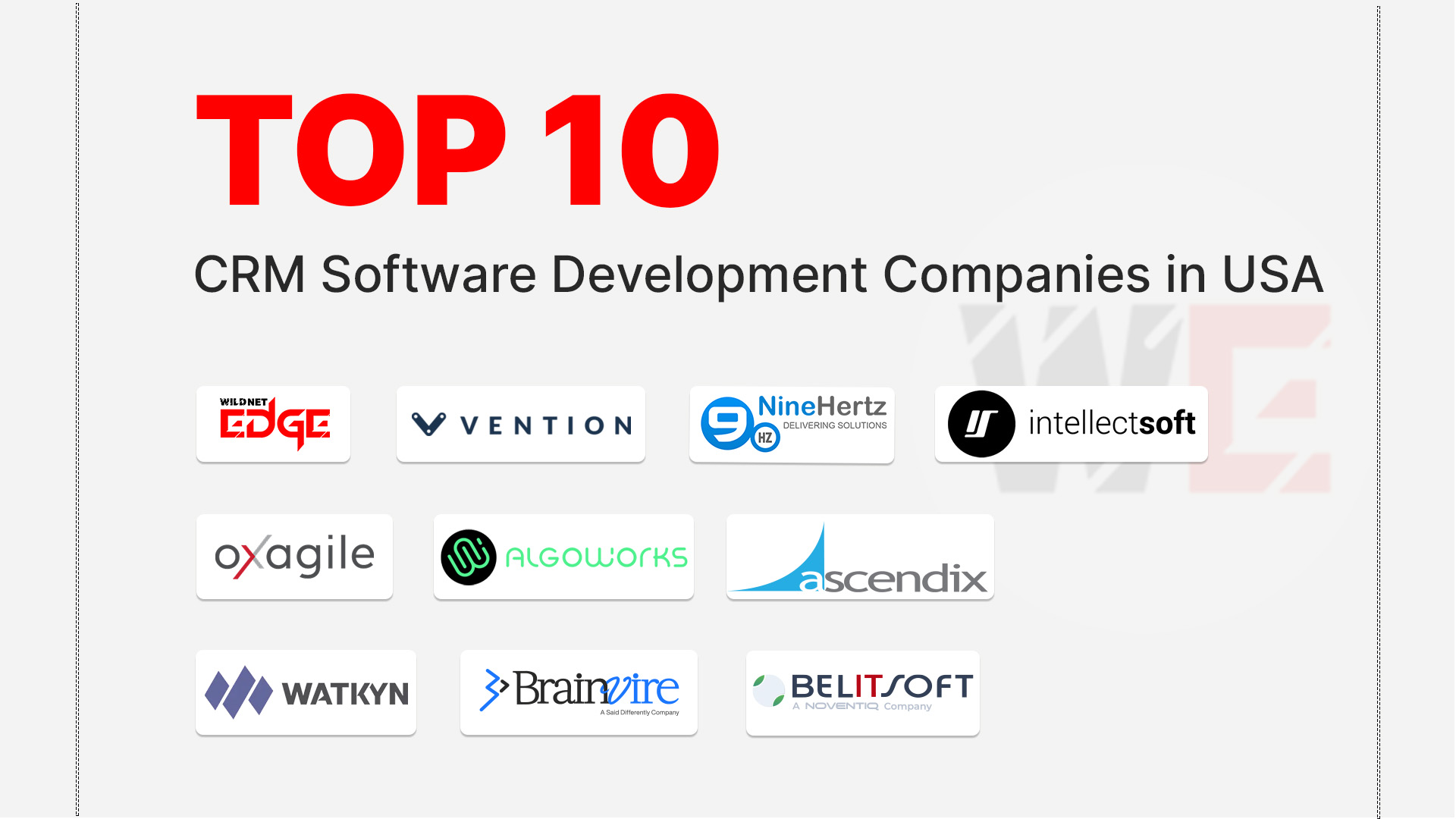The startup ecosystem is defined by a relentless and exhilarating race against time. The core challenge is to find product-market fit, build a loyal customer base, and achieve a sustainable growth trajectory before the funding runway runs out. To navigate this high-stakes environment, most startups adopt an agile methodology, working in short, iterative sprints to build, learn, and adapt as quickly as possible. But an agile mindset alone is not enough. If your development process is bogged down by manual testing, risky deployments, and a silo between developers and operations, your agile sprint will quickly grind to a halt.
This is where DevOps comes in. It is the technical and cultural engine that brings the principles of agility to life. Adopting DevOps for startups is not a luxury reserved for large enterprises; it is a fundamental survival mechanism. It provides the tools and practices necessary to translate agile planning into the rapid, reliable delivery of high-quality software. For a startup, the ability to iterate on your product based on real user feedback at high velocity is the single most important factor for success, and DevOps is the framework that makes this possible.
What is DevOps for Startups?
In the context of a startup, DevOps is a cultural, collaborative, and technical framework designed to break down the traditional barriers between software development (Dev) and IT operations (Ops). For a small, nimble team, these roles are often filled by the same people, making a collaborative culture a natural fit. DevOps formalizes this by introducing practices and automation that create a seamless, integrated, and highly efficient software delivery lifecycle.
The goal of DevOps for startups is to enable the rapid, frequent, and reliable release of new features and updates. It’s about creating an automated pipeline that takes a developer’s code, automatically builds it, runs a comprehensive suite of tests against it, and then deploys it to production with minimal human intervention. This is not just about moving faster; it’s about creating a tight, continuous feedback loop with your customers. This focus on building a robust and efficient foundation is the core value provided by professional DevOps Services.
Relevance in 2025: The Startup Pressure Cooker
The competitive landscape for startups in 2025 is more intense than ever before. The pressure to innovate and deliver value is immense, and the margin for error is razor-thin. Several key factors make a DevOps culture particularly relevant in this environment:
- The Race to Product-Market Fit: A startup’s primary goal is to validate its business idea before it runs out of money. This requires rapid experimentation and learning. DevOps provides the technical capability to deploy new ideas and features quickly, gather user data, and pivot based on that feedback.
- High Customer Expectations: Today’s users have zero tolerance for buggy, unstable, or slow software. A poor initial experience can be fatal for a startup’s reputation. DevOps practices, particularly automated testing, are crucial for ensuring a high-quality and reliable product from day one.
- The Cloud-Native World: Most startups are born in the cloud. DevOps practices, especially Infrastructure as Code, are the standard for managing modern cloud environments efficiently and scalably.
Benefits: How Agile DevOps Supercharges Startups
When a startup successfully combines its agile methodology with a strong DevOps culture, the result is a powerful synergy that creates a formidable competitive advantage. This fusion, often called agile DevOps, directly addresses the most critical needs of a growing company.
Unprecedented Speed and Agility
This is the most significant benefit of agile DevOps. By automating the entire build, test, and deployment pipeline (a practice known as CI/CD), startups can dramatically reduce their release cycles. A feature that might have taken weeks to deploy through a manual process can now be released in a matter of hours, or even minutes. This incredible velocity allows the startup to outmaneuver larger, slower competitors and respond to market opportunities with unparalleled speed. This is where DevOps Automation provides its greatest value.
The Foundation of Lean Development
The lean development methodology, which is a perfect fit for startups, is built on a core feedback loop of Build-Measure-Learn. You build a feature (the Minimum Viable Product or MVP), measure how users interact with it, and learn from that data to decide what to build next. DevOps is the technical enabler of this loop. The ability to deploy small changes quickly (Build) allows you to gather real-world data faster (Measure), which in turn accelerates your learning and product refinement (Learn). This data-driven approach to product development is far more effective than relying on internal assumptions. This is the essence of a lean development strategy.
Increased Product Quality and Stability
Moving fast should not mean breaking things, especially when you are trying to build trust with early adopters. A key principle of agile DevOps is the integration of automated testing throughout the development pipeline. Every time a developer commits new code, a suite of automated tests is run to ensure that the change has not introduced any bugs or broken existing functionality. This creates a powerful safety net, allowing the team to develop and release with confidence. The result is a higher-quality, more stable product, which is crucial for customer retention and building a positive brand reputation.
Scalability from Day One
A common startup dream—and potential nightmare—is experiencing explosive, viral growth overnight. If the underlying infrastructure is not built to handle this success, the result can be a catastrophic crash that alienates your new user base. A core DevOps practice, Infrastructure as Code (IaC), solves this problem. By defining your entire server and network configuration in code, you can create a consistent, repeatable, and, most importantly, scalable foundation. When traffic spikes, your system, managed by well-architected Cloud Infrastructure Services, can automatically scale up to meet the demand.
Difference: DevOps in Startups vs. Enterprises
While the core principles of DevOps are universal, their application and focus can differ significantly between a lean startup and a large enterprise.
- Startups: The primary focus of DevOps for startups is on speed, iteration, and enabling the lean development cycle. The goal is to build an MVP, find product-market fit, and learn as quickly as possible. The teams are small, the culture is often naturally collaborative, and there are no legacy systems to contend with. The main challenge is often a lack of resources and specialized expertise.
- Enterprises: In a large enterprise, the focus of DevOps is often on managing complexity, ensuring stability and security at scale, and breaking down deeply entrenched cultural silos between large, specialized development and operations teams. The projects often involve modernizing complex legacy systems and navigating a much more rigid regulatory and compliance environment.
How to Implement a Lean Development and DevOps Culture
For a startup, adopting DevOps doesn’t have to be an overwhelming, all-or-nothing initiative. First, start small by building a single, automated CI/CD pipeline for your primary application. Choose from the many excellent and affordable DevOps tools available, such as GitLab, GitHub Actions, or CircleCI. Next, embrace Infrastructure as Code from the very beginning. Even for a simple application, defining your cloud resources in a tool like Terraform will pay massive dividends in the long run. This is particularly crucial for any SaaS Development Company, where the infrastructure is the product. Finally, and most importantly, foster a culture of shared ownership. In a startup, everyone is responsible for the success of the product, and that includes its stability and performance in production.
Conclusion
For a modern startup, the principles of agile DevOps are not just a set of best practices; they are a direct reflection of the company’s core mission to learn, adapt, and grow at an accelerated pace. The ability to rapidly and reliably translate an idea into a functional piece of software in the hands of a customer is the most valuable currency a startup possesses. Embracing a DevOps culture is the most effective way to mint that currency, creating a resilient and efficient engine for innovation.
At Wildnet Edge, we believe the next evolution of this agile framework is the integration of intelligence. Our AI-first approach to DevOps, often called AIOps, builds on this foundation of automation. We create intelligent CI/CD pipelines that can use machine learning to predict which code changes are high-risk, analyze performance data to proactively identify potential bottlenecks, and even automate the optimization of cloud resources to reduce costs. We build intelligent Software Development Solutions that don’t just help you move faster; they help you learn smarter.
FAQs
The main goal is to accelerate the product development lifecycle. By automating the process of building, testing, and releasing software, startups can get new features and ideas in front of real users faster, enabling them to learn, iterate, and find product-market fit before they run out of resources.
Agile is a project management methodology focused on iterative planning and development. DevOps is the technical and cultural framework that enables the rapid and reliable delivery of the software produced in those agile sprints. You can think of agile as the “what” and “why,” and DevOps as the “how.” This combination is often called agile DevOps.
It doesn’t have to be. While large enterprises can spend millions on DevOps tools and teams, there is a rich ecosystem of free, open-source, and low-cost tools (like GitLab, GitHub Actions, and Terraform) that are perfect for startups. The initial investment in setting up an automated pipeline pays for itself quickly in increased productivity and speed.
Lean development is a methodology, closely related to the agile philosophy, that is focused on eliminating waste and maximizing value in the product development process. Its core principle is the “Build-Measure-Learn” feedback loop, which is heavily enabled by the fast deployment cycles of a DevOps culture.
In the very early stages, it’s common for a senior developer to handle DevOps responsibilities. However, as the product and infrastructure grow in complexity, hiring a dedicated DevOps specialist or partnering with a firm that provides DevOps services becomes a crucial step to ensure your platform is scalable, secure, and reliable.

Managing Director (MD) Nitin Agarwal is a veteran in custom software development. He is fascinated by how software can turn ideas into real-world solutions. With extensive experience designing scalable and efficient systems, he focuses on creating software that delivers tangible results. Nitin enjoys exploring emerging technologies, taking on challenging projects, and mentoring teams to bring ideas to life. He believes that good software is not just about code; it’s about understanding problems and creating value for users. For him, great software combines thoughtful design, clever engineering, and a clear understanding of the problems it’s meant to solve.
 sales@wildnetedge.com
sales@wildnetedge.com +1 (212) 901 8616
+1 (212) 901 8616 +1 (437) 225-7733
+1 (437) 225-7733
















 AI Development Services
AI Development Services Industry AI Solutions
Industry AI Solutions AI Consulting & Research
AI Consulting & Research Automation & Intelligence
Automation & Intelligence













